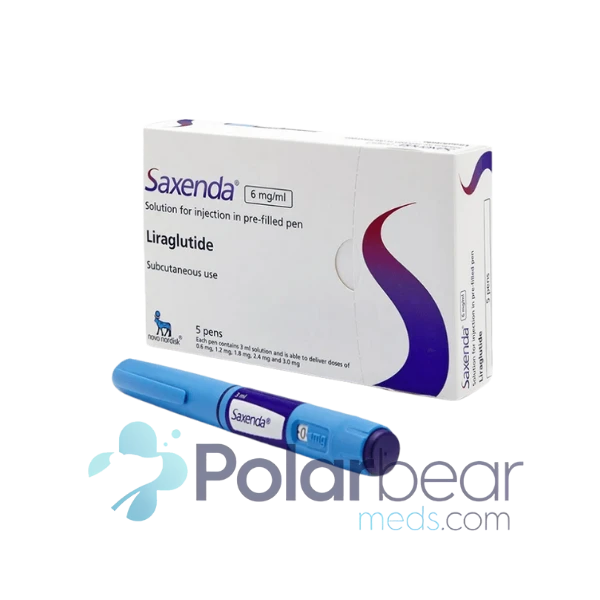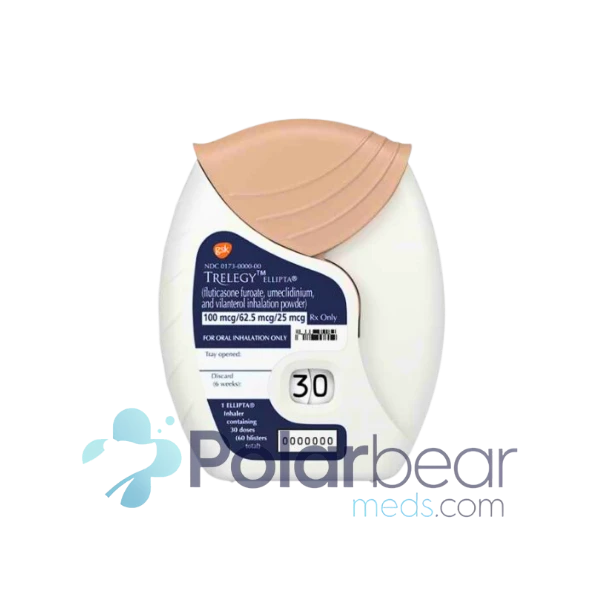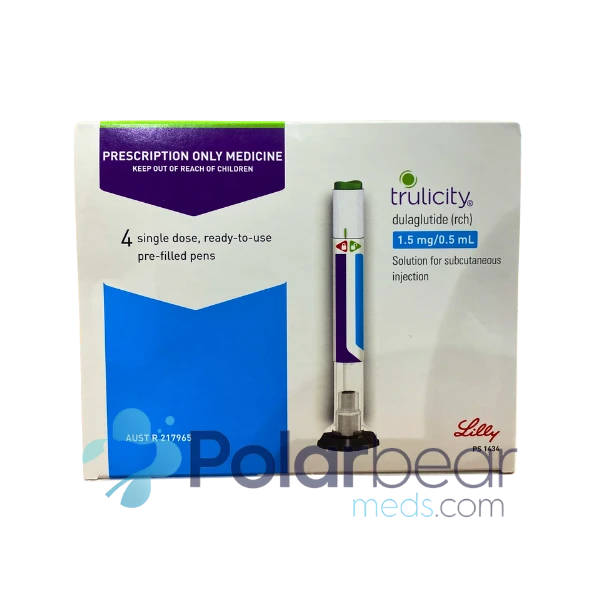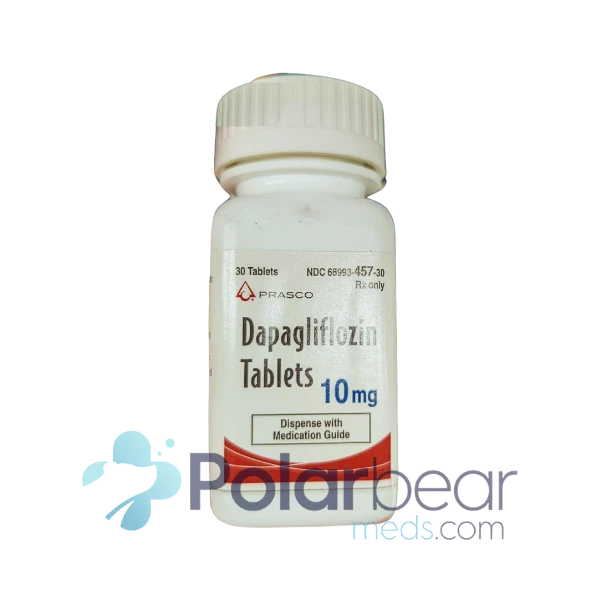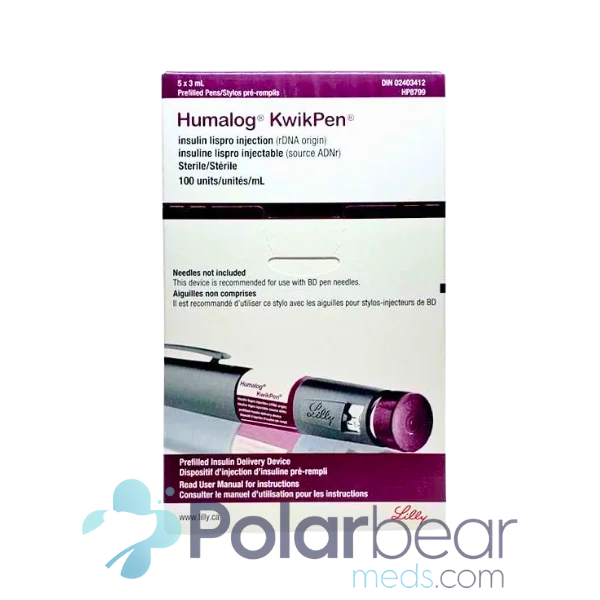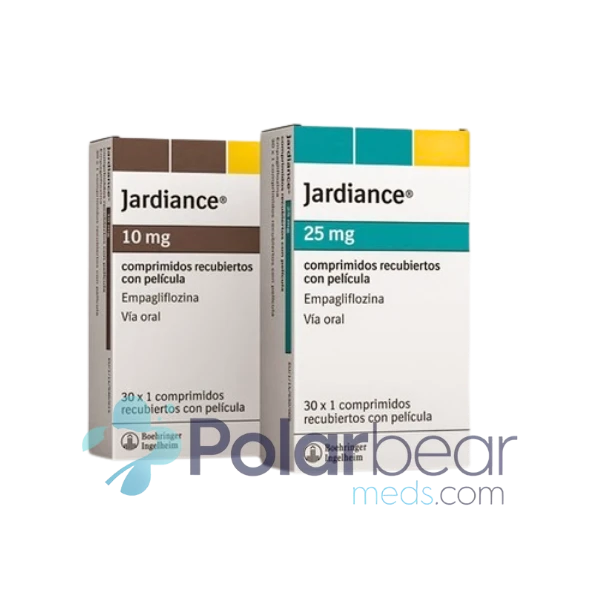
Victoza Vs Ozempic: Which One Should You Choose?
Both Victoza and Ozempic are used in the treatment of type 2 diabetes. The condition affects 11.6% of the US population as per the National Diabetes Statistics Report. Both of these medicines help people better manage their blood sugar levels, improve insulin sensitivity and fight insulin resistance. They are remarkably similar, but also have several key differences that may affect your choice between them. The purpose of this article is to explain the similarities and differences between these two drugs on the basis of scientific studies. It will help you make the right decision whether you should buy Victoza online.
How Does Victoza Treat Type 2 Diabetes?
Victoza (generic name: liraglutide) is a medication used in the management of type 2 diabetes. It belongs to the class of drugs known as glucagon-like peptide-1 (GLP-1) receptor agonists. It is typically administered as a once-daily injection under the skin (subcutaneously). It is available in several concentrations, like 6 mg/mL, 10 mg/mL, and 18 mg/mL. Here’s how it works:
Step 1. Mimics GLP-1 Hormone: Victoza mimics the action of the GLP-1 hormone naturally produced in the body.
Step 2. Blood Sugar Regulation: GLP-1 helps regulate blood sugar levels by stimulating the release of insulin from the pancreas when blood sugar is high and by reducing the production of glucagon (a hormone that raises blood sugar).
Step 3. Slows Down Digestion: It slows down the emptying of the stomach, helping to control the rate at which glucose enters the bloodstream after meals.
Step 4. Appetite Regulation: It can also affect the brain to reduce appetite, contributing to potential weight loss in some people.
Does Victoza Have Cardiac Benefits?
Victoza has been approved by the FDA to reduce the risk of heart attacks, strokes, and heart-related deaths. Victoza’s new label “indication” is for people with type 2 diabetes and existing heart problems. It is in addition to the already-approved indications for lowering A1c and managing blood sugar. It’s important to emphasize that Victoza reduces heart disease and strokes.
In a study conducted by the National Library of Medicine in July 2023 with 9,340 adults having poorly controlled type 2 diabetes and cardiovascular disease, the drug significantly reduced major heart events (MACE). The study showed a 13% lower risk of cardiovascular events with Victoza compared to a placebo over 3.5 years. It also lowered the risk of all-cause death by 15%. The trial demonstrated its effectiveness in reducing heart-related risks in people with type 2 diabetes and existing cardiovascular conditions.
Will Victoza Help with Weight Loss?
The FDA has not approved Victoza for weight loss. You may lose weight as a side effect if you are an adult using it for type 2 diabetes blood sugar control. It’s important to note that the degree of weight loss can vary among individuals, and not everyone will experience the same effects. A randomized, placebo-controlled trial published by the National Library of Medicine in December 2016 investigated liraglutide for weight management, revealing a consistent 4 to 6 kg weight loss, with higher proportions achieving 5 and 10% weight loss compared to placebo. Gastrointestinal side effects were common but occurred early.
What Does Ozempic Do for Type 2 Diabetes?
Ozempic pen (generic name: semaglutide) is a medication used in the treatment of type 2 diabetes. It belongs to the class of drugs known as glucagon-like peptide-1 (GLP-1) receptor agonists. Unlike some other GLP-1 agonists, it is administered as a once-weekly injection under the skin (subcutaneously).
Here is how it works:
Step 1. Mimics GLP-1 Hormone: It acts as a GLP-1 receptor agonist, mimicking the effects of the natural GLP-1 hormone in the body.
Step 2. Blood Sugar Regulation: GLP-1 helps regulate blood sugar levels by stimulating insulin release from the pancreas, especially in response to meals. It also reduces the production of glucagon, which normally raises blood sugar.
Step 3. Slows Down Digestion: Similar to other GLP-1 agonists, it slows down the emptying of the stomach, helping to control the post-meal rise in blood glucose.
Step 4. Appetite Regulation: It can affect the brain to reduce appetite, potentially contributing to weight loss in some individuals.
Does Ozempic Have Cardiac Benefits?
Ozempic reduces the risk of heart attack, stroke, and death among diabetics and heart disease patients. In a study conducted by the National Library of Medicine in July 2023 with 3,297 patients having poorly controlled type 2 diabetes and cardiovascular disease, Ozempic was tested against a placebo. Administered once weekly, it significantly reduced the risk of Major Adverse Cardiovascular Events (MACE), including cardiovascular death, non-fatal heart attack, and non-fatal stroke. The trial lasted at least 2 years, showing that semaglutide, when added to standard treatments, was effective in lowering the occurrence of these serious cardiovascular events compared to the placebo.
Does Ozempic Cause Weight Loss?
The FDA has not approved Ozempic for weight loss. Because of how it works, it can also lead to weight loss among some people. The use of Ozempic for weight loss is considered off-label if you don’t have diabetes. The results can vary among individuals, and not everyone will experience a significant loss in their weight. A double-blind trial was published by The New England Journal of Medicine in March 2021. It included 1961 adults with a body mass index (BMI) of 30 or higher were given once-weekly subcutaneous semaglutide (2.4 mg) or placebo, along with lifestyle guidance, for 68 weeks. Ozempic pen led to a significant weight loss of 14.9%, compared to 2.4% with placebo.
What Are the Similarities of Victoza and Ozempic?
Both medications share several similarities, such as:
Usage Alone or with Other Medications: Both are versatile medications that can be used alone or in combination with other diabetes drugs. However, they are not intended to replace insulin for individuals who are insulin-dependent.
Blood Sugar and A1C Levels: They work by increasing insulin secretion, improving insulin sensitivity, and inhibiting the liver’s glucagon production. These actions contribute to lower blood sugar levels and improved A1C levels in people with type 2 diabetes.
Potential for Weight Loss: While not as weight reducing drugs, both medications have shown a tendency to cause reduction in weight. They suppress appetite and slow digestion, leading to weight reduction in some individuals with type 2 diabetes.
Cardiovascular Risk Reduction: They have demonstrated cardiovascular benefits, lowering the risks associated with heart disease in people with type 2 diabetes.
Adverse Side Effects: Both medications may cause common side effects like nausea, vomiting, diarrhea, constipation, and low blood sugar, especially when used with insulin. Severe side effects, including kidney problems, pancreatitis, an increased risk of thyroid cancer, and allergic responses, are possible with both drugs.
Insulin Replacement and Compatibility: Neither Ozempic nor Victoza replaces insulin. For insulin-dependent individuals starting these medications, continued use of other prescribed diabetes medications is necessary unless advised otherwise by a healthcare professional.
Flexible Administration: Both medications offer flexibility in administration. They can be taken with or without food and at any time of day. Unlike insulin, they do not induce critical low blood sugar immediately after administration, providing convenience for individuals managing their daily routines.
What Are the Differences Between Victoza and Ozempic?
Both of the medicines differ significantly in various aspects, such as:
Administration Frequency and Dosing: The primary distinction between these drugs lies in their frequency of administration. Ozempic is a once-weekly injection, offering convenience for those averse to daily injections. In contrast, Victoza requires daily administration. While the convenience of weekly injections may suit some individuals, others may prefer the daily routine.
Strength and Duration of Action: Ozempic is not only administered less frequently but is also stronger and longer-lasting compared to Victoza. However, this strength comes with a warning. If someone takes too much Ozempic and experiences side effects like nausea or vomiting, these effects persist for an entire week. In contrast, the effects of an excessive Victoza dose wear off after 24 hours. Adjusting to the correct dose is crucial and requires collaboration with a healthcare professional.
Dosing Calibration and Convenience: Dosing between these drugs is fundamentally different, necessitating personalized adjustment with a healthcare provider. The choice between the two medications may depend on the patient’s health goals and lifestyle. For those who struggle with daily medications or prefer the simplicity of a weekly injection, Ozempic’s convenience might be appealing.
Risk of Diabetic Retinopathy: A notable difference arises in the potential side effect of diabetic retinopathy associated with Ozempic but not with Victoza. Semaglutide, the active ingredient in Ozempic, may be linked to the early worsening of diabetic retinopathy. While this risk is not universal among other users, it prompts consideration, particularly for those with early-stage diabetic retinopathy or concerns about eye health.
Which Is Better for Type 2 Diabetes Victoza or Ozempic?
To choose between these diabetic medicines, it is important to consider individual preferences, side effects tolerance, and overall health goals. A 26-week study was published by the American Diabetes Association in July 2018. It included 705 patients having type 2 diabetes; researchers compared once-daily semaglutide to once-daily liraglutide. The goal was to see how well each medication helped lower HbA1c levels. Semaglutide, at doses ranging from 0.05 mg to 0.3 mg, showed better results in reducing HbA1c compared to liraglutide. However, semaglutide had more gastrointestinal side effects, such as stomach-related issues, compared to liraglutide. The study suggests that once-daily semaglutide is effective in lowering blood sugar levels, but it may come with a higher risk of stomach-related side effects.
Which Is Better for Weight Loss Victoza or Ozempic?
Choosing between these drugs for losing weight should be a thoughtful decision based on individual preferences and health considerations. A trial by the National Center for Biotechnology Information in April 2020 compared once-weekly semaglutide (1.0mg) to daily liraglutide (1.2mg) in 577 adults with type 2 diabetes. The trial revealed that semaglutide showed superior results, reducing HbA1c by 1.7% and body weight by 5.8kg, compared to liraglutide’s 1.0% and 1.9kg, respectively.
More individuals on semaglutide achieved glycemic and weight loss targets. However, it’s crucial to note that this study also suggests semaglutide is effective for losing weight, but it may cause more stomach-related side effects. Therefore, consulting with a healthcare provider is recommended to determine the most suitable option based on individual health needs and preferences.
What Are the Side Effects of Victoza and Ozempic?
Common side effects of Victoza include nausea, vomiting, and diarrhea, particularly during initial use. These symptoms often diminish with continued use. Additionally, there is a risk of hypoglycemia (low blood sugar) when combined with other diabetes medications. It may have rare but serious side effects, including pancreatitis and thyroid tumors.
Ozempic also shares gastrointestinal side effects such as nausea and vomiting, but it generally has a more gradual dose escalation, potentially reducing the severity of these symptoms. It may slightly increase the risk of diabetic retinopathy progression, and caution is advised in patients with a history of pancreatitis. It may also have rare but serious side effects, including pancreatitis and thyroid tumors.
The choice between Victoza and Ozempic should be based on your characteristics, preferences, and risk-benefit profile. You should consult with a healthcare professional as it is essential to determine the most suitable option for managing diabetes while minimizing side effects. You can buy these medicines at Polar Bear Meds, the best Canadian online pharmacy, affordably and conveniently.
Wrapping Up
In deciding between Victoza and Ozempic for managing type 2 diabetes, your individual preferences and health goals play a crucial role. Both medications share similarities in reducing blood sugar, promoting weight loss, and lowering cardiovascular risks. While the convenience of Ozempic’s weekly injection appeals to some, others may prefer Victoza’s daily routine. Notably, a clinical study favors once-daily semaglutide for better HbA1c reduction, but it comes with increased gastrointestinal side effects. Ultimately, the choice should align with your personal preferences, lifestyle, and the guidance of a healthcare professional to optimize diabetes management effectively.



